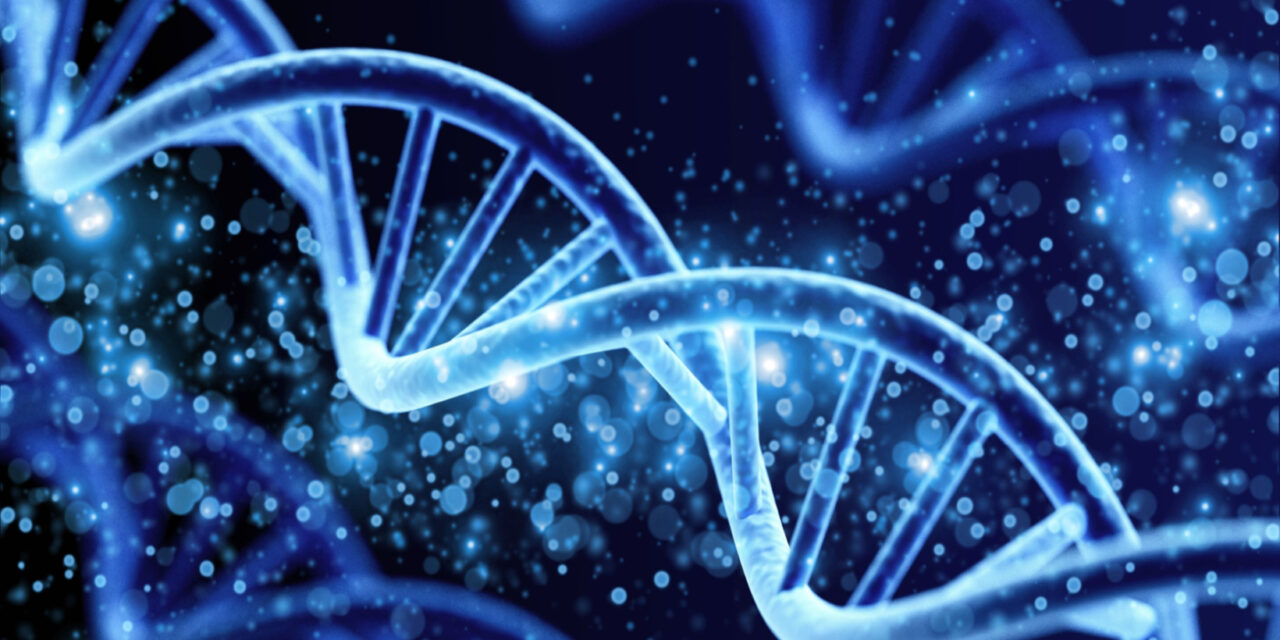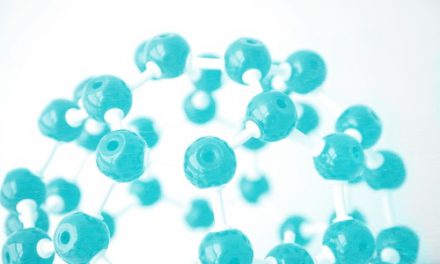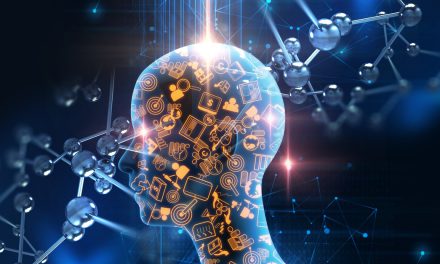
What’s in Store for DNA?
Recent advances in DNA research have provided scientists new insights into human behavior, disease, aging and evolution. From DNA fingerprinting and DNA microarray technology (a tool used to determine whether an individual’s DNA contains gene mutations) to gene therapy and cloning, these advancements are opening doors to enormous opportunities to improve the lives of humans, as well as presenting profound ethical issues that society will need to address.
To view the full article please register below:
What’s in Store for DNA?
Recent advances in DNA research have provided scientists new insights into human behavior, disease, aging and evolution. From DNA fingerprinting and DNA microarray technology (a tool used to determine whether an individual’s DNA contains gene mutations) to gene therapy and cloning, these advancements are opening doors to enormous opportunities to improve the lives of humans, as well as presenting profound ethical issues that society will need to address.
Exciting New Directions in DNA Science
The development of CRISPR, a technology that can be used to edit genes, has already had a major impact on biology and biotechnology, but the technology’s limits are far from being reached. As scientists gain a better understanding of the tool, expect to see genetic diseases cured, the development of more resilient and nutritious crops, and potentially the elimination of infectious diseases.
Though it may be still years off, 3D-bioprinting will enable creation of human organs from a patient’s own cells, eliminating the long wait on transplant lists or dying for lack of an available organ replacement. This technology will also be used to produce what the agricultural industry calls “cultured” meat products, which refers to a process that grows meat from stem cells, removing the need to raise livestock. This holds huge implications for the environment, climate change and ranchers.
DNA is nature’s information storage device, par excellence. It’s estimated that one gram can store one million gigabytes of information, or about 36 million copies of an Avengers movie (HD, of course). In theory, all the digital data that exists today can be stored on just about 81 kilograms of DNA.1
It’s already been shown that it is a scalable and error-free storage system. With the current silicon wafer technology bumping against its capacity ceiling and unlikely to keep up with the future demand for storage, DNA provides a more sustainable alternative that also benefits from moving away from dependence on foreign suppliers. There is still much to do to commercialize this technology, but costs are coming down, while advances are creating viable tools and storage platforms that will usher in the future of data storage.
Ethical Concerns
Human mastery over the building blocks of life presents a number of ethical concerns that will need to be resolved by policymakers and scientists. While many laws exist to protect an individual’s DNA privacy, less settled are the ethics of newborn screening, DNA collection in law enforcement, consent of DNA disclosure, the balance of benefits and risks of genome editing of embryonic cells, and the cloning of animals for agriculture and medical research.
There’s much to still learn and cultivate when it comes to DNA, and many considerations to take into account.
Source:
Please reference disclosures: https://blog.americanportfolios.com/disclosures/












